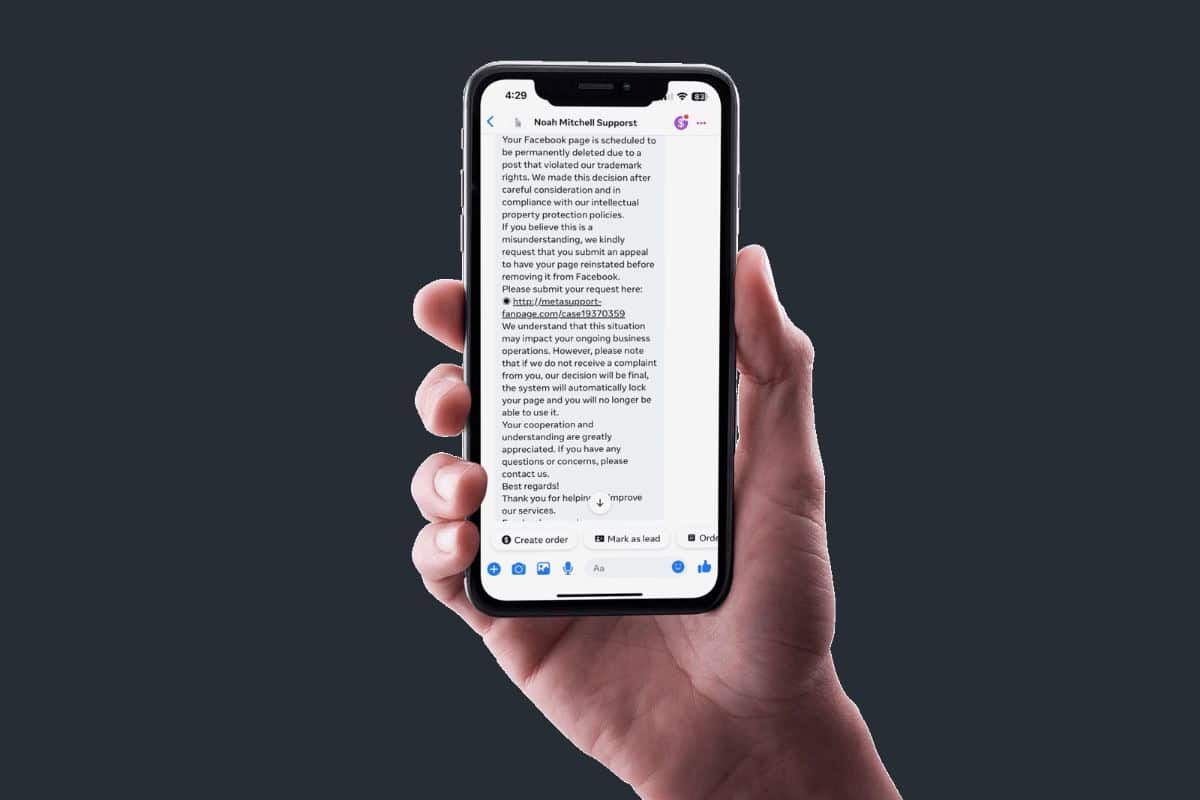Hang up on your Old Office Phone – Let’s Talk About VoIP
We are all familiar with the classic on-premise phone system, the office phone at your dentist’s for instance. It has multiple connections throughout the office so the receptionist can take calls to schedule appointments or send them to the correct person. The big box they keep in the equipment room is old, expensive, dusty, and outdated. The business likely leases the equipment and is under contract. The total cost of ownership is ridiculous and the system is not modern at all.
The on-premise phone system was really great a decade ago, but with the advancement of the internet and technology in general, VoIP has emerged as a win-win situation for any business with a phone number. We are constantly gaining more ways to contact customers, including email, social media, and instant messaging. Internet and the cloud have changed the game, but having a conversation with real voices is still king. So don’t take your phone for granted. Fortunately, some business telephone systems have evolved to meet the demands of today’s communication needs, but with a variety of different options in the marketplace, things can get confusing. Here’s a rundown of office phone system for small businesses.
Full disclosure, this is some nerdy technical stuff I’m diving into here, but I will do my best to give some simple foundational info here.
- Basic Office System: Common with home offices, small stores, small restaurants. Dial-tone service is usually provided by a phone company like Comcast, CenturyLink, Frontier, AT&T, etc. These systems are usually limited to 2-4 lines and offer basic features like voicemail, caller ID, and transferring calls.
Pros: Low initial cost, Can purchase directly from big box, office supply/electronics stores
Cons: Limited functionality, usually self-service setup, inbound calls limited by the number of phone lines. (If a customer has 4 lines and 5 people call at once, caller #5 goes right to voicemail or gets a busy signal.)
- Traditional On-Premise PBX System: Offers more functionality than a basic office system. On-premise PBX systems allow features like auto-receptionist, music-on-hold, call groups, call parking, paging, and intercom. On-premise PBX systems allow for a large number of POTS (Plain Old Telephone Service) lines or a PRI (Primary Rate Interface). On-premise PBX systems are purchased or leased and located on-site.
Pros: Much more functionality than a basic office system, allows for a much higher number of simultaneous calls, most configurations allow businesses to add additional hardware to accommodate growth.
Cons: High total cost of ownership, usually requires a service contract. Plus, charges for upgrades or any changes needed (adding another employee, updating business hours, relocating your business).
- VoIP On-Premise PBX System: Similar to on-premise PBX systems, but phone service is delivered using VoIP. These they are purchased or leased as well. Maintenance contracts are popular with these types of systems, but internal IT departments can also handle day to day maintenance of these systems. On-Premise VoIP systems are popular with large organizations, hotels, and governmental organizations.
Pros: More functionality than traditional on-premise PBX systems, allows for phones to be located at multiple locations or buildings. Monthly telecom services are usually more cost-effective than multiple POTS or PRI lines, and usually easier for office managers to handle basic maintenance of the phone system. There are also mobile phone (bring your own device) options sometimes.
Cons: High total cost of ownership for many small businesses, VoIP would not be available in the event of an internet outage. Technology upgrades require purchasing and/or licensing new equipment or software.
- Cloud-based PBX System (Advancify recommends for small businesses): Cloud-based business phone systems include features comparable to on-premise VoIP systems, but does not require purchasing or leasing a full PBX phone system. Instead, most cloud-based systems have a per-user license similar to G Suite or Office 365. Phone calls can be made and received using existing smartphones, using desktop software, or by using a wide variety of compatible SIP-enabled phones (usually not proprietary). Cloud-based systems are updated with new features as the system is upgraded over time without having to purchase or license new equipment.
Cloud-based systems are by far the fastest growing segment of business communications.
Pros: Predictable monthly costs billed per user, easy self-service maintenance of systems, automatic upgrades, integrations with other cloud-based business apps like G Suite, Office 365, Salesforce, etc. Usage of enhanced features like SMS, call blocking, and virtual phone numbers. Scalable from one person operations to a large enterprise. Failover call forwarding to mobile phones in the event of an internet outage.
Cons: Requires an active internet connection, the monthly per-user cost can be higher than on-premise PBX systems for large organizations, many choices but not all companies maintain the same level of service.
VoIP stands for Voice over Internet Protocol, which just means you are making a phone call over the internet instead of a telephone network. VoIP relies on SIP, which stands for Session Initiated Protocol, and is basically the highway your VoIP drives on. The VoIP system is often set up in a PBX format, which is the interface you are used to seeing in the office (the kind of phone you can slam down on its dock when you get frustrated).
Because the typical VoIP service is internet-based, it allows for a loosening of the leash on its users, mentioned above. Additionally, analytics can be collected for calls, Some services allow for video calls, and you can customize the experience your customers get when they call you.
Our favorite VoIP systems, RingCental and Ooma Office offer cost-effective plans based on your number of users and the calling features your business needs. This means that for a small business, costs can be kept to a minimum and callers will not only get the same experience, but you have more control over their encounter with your business.
Looking to take that old phone system off the wall? Learn more about our business phone systems for businesses and nonprofits.











